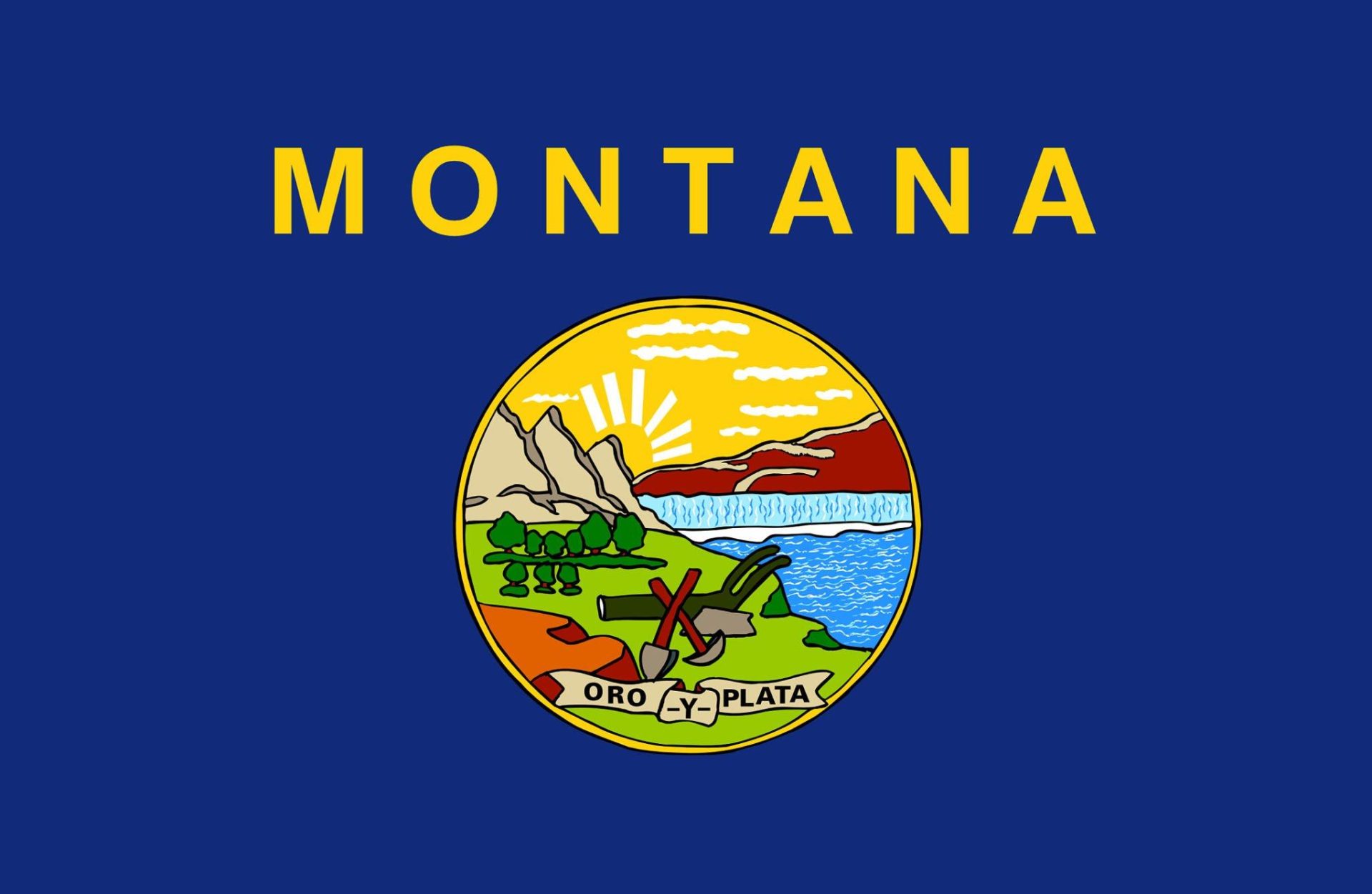The legal status and medical utilization of marijuana have been subjects of robust debates and legislative action across the United States. As the legal landscape gradually shifts towards acceptance, Montana is among the progressive states that have legalized the use of marijuana for medical purposes.
If you are a resident of Montana and are considering medical marijuana as a potential treatment option for a medical condition, it's crucial to understand the process involved in obtaining a medical marijuana card. This article provides an in-depth guide to the steps and legal requirements needed to access this alternative treatment route.
Understanding the Qualifying Conditions for a Medical Marijuana Card in Montana
Before you consider applying for a medical marijuana card in Montana, it is paramount to understand the medical conditions that qualify under the state's law. Qualifying conditions include severe, chronic, or debilitating illnesses such as cancer, glaucoma, HIV/AIDS, cachexia, epilepsy, multiple sclerosis, and post-traumatic stress disorder (PTSD). Chronic pain is also recognized as a qualifying condition. Notably, chronic pain is defined as persistent pain that extends beyond the usual course of a disease or injury.
Engaging in an open and comprehensive discussion with your healthcare provider regarding these conditions and any associated symptoms is essential. This discussion allows you to explore whether medical marijuana might serve as an appropriate, beneficial treatment option based on your unique medical situation.
Step-by-Step Process of Applying for a Medical Marijuana Card in Montana State
Applying for a medical marijuana card in Montana involves a structured process. The first step entails scheduling an appointment with a healthcare provider licensed in the state of Montana. During this consultation, your provider will evaluate whether you qualify based on the stipulated qualifying conditions. If they determine that you are eligible, they will issue a written certification – a crucial requirement for your application.
Following this, the next step involves completing an application form, which is readily accessible on the Montana Department of Public Health and Human Services website. The form must be accurately filled out, capturing all the necessary details, including the healthcare provider's certification. Ensure all information provided is truthful and precise to prevent any potential issues during the review process.
Once the form is filled out, submit your application accompanied by the required fee. As of the last update in September 2021, the application fee was set at $30. However, it is advisable to check the current fee requirement, as this may change over time. After applying, anticipate a review period that might span several weeks before your application is approved or declined.
Finding a Medical Marijuana Provider
Upon approval of your application and receipt of your medical marijuana card, the next important step is identifying a licensed medical marijuana provider in Montana. Selecting a provider is not a decision to take lightly – it requires diligent research and consideration. It would be best if you strived to find a reputable provider who is knowledgeable about the various types of marijuana and consumption methods, and thus capable of advising you appropriately based on your specific medical needs.
Understanding the Rules and Regulations
With the possession of a medical marijuana card in Montana comes certain legal protections, including the lawful right to possess and consume marijuana for medical purposes. However, the card also confers specific responsibilities and limitations to the holder. For instance, public consumption of medical marijuana, usage on school premises, or endangering others through consumption is illegal.
Misuse or violation of these regulations carries serious consequences, including possible prosecution and revocation of your medical marijuana card. It is, therefore, essential for cardholders to familiarize themselves with and strictly adhere to all the regulations attached to medical marijuana usage in the state of Montana.
Renewal and Maintenance of Your Medical Marijuana Card
Maintenance and renewal of your medical marijuana card are also crucial aspects of the process. In Montana, a medical marijuana card needs to be renewed annually. It's therefore important to keep track of the expiration date to avoid any lapse in legal protection. As you seek renewal, stay updated on any changes in the state’s laws or the list of qualifying conditions. Regularly visiting the Montana Department of Public Health and Human Services website can help keep you informed.
Read More: Can You Get A Medical Card Under 18?
Conclusion
The process of acquiring a medical marijuana card in Montana involves several steps from understanding the qualifying conditions to applying, finding a provider, and adhering to the rules and regulations.
While the process may seem overwhelming at first, understanding each step can make it considerably more manageable. It's crucial to observe all legal procedures, conduct thorough research, and engage in discussions with healthcare professionals to ascertain that medical marijuana is the most beneficial and appropriate choice for your healthcare needs.
 Since 2021, Kif offers a streamlined platform to get a medical marijuana card online. We have served more than 45K patients across the United States. Sign Up Now to get the right to use medical cannabis for your health condition without any delay.
Since 2021, Kif offers a streamlined platform to get a medical marijuana card online. We have served more than 45K patients across the United States. Sign Up Now to get the right to use medical cannabis for your health condition without any delay.
























